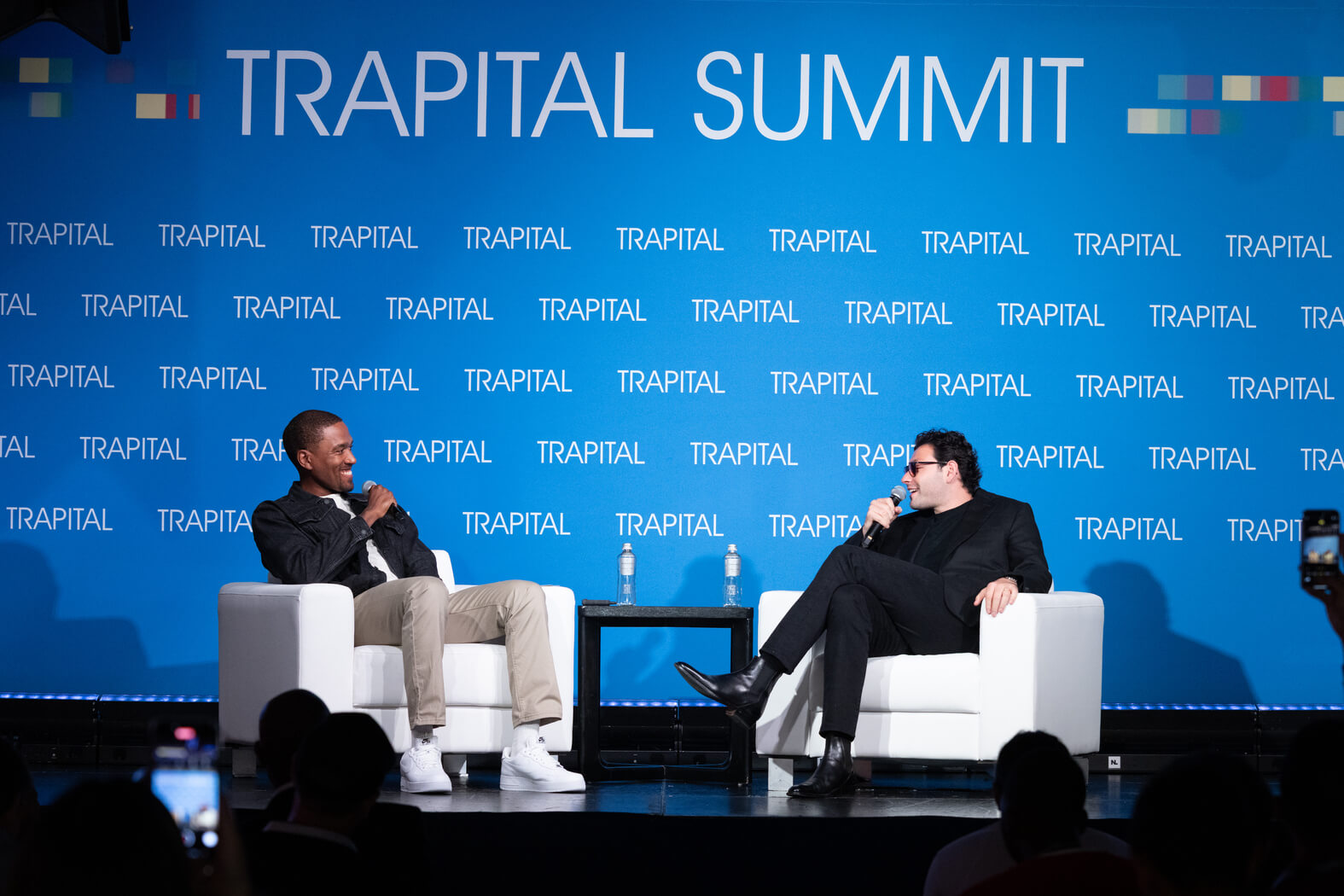Today’s episode is my conversation with Elliot Grainge at the Trapital Summit. We talked about the transitions at Warner Music that led to his arrival, selling 10K Projects, adapting his playbook for Atlantic, and AI.
You can listen to our chat here, or read below for some of Elliot’s thoughts on Gen Alpha and Beta.
Elliot Grainge and I discussed a number of topics on stage at the Trapital Summit, but here's one of his quotes that I've been thinking about from the Atlantic Music Group CEO:
"We're using ChatGPT right now and it's slowly starting to become a way of our lives. So I think within music, how will Gen Alpha and Gen Beta's relationship with art and artists be different from these generations that have grown up understanding the importance of artistic integrity and real energy, and real people making real music in their art form?
Cause it's very important to everyone in this room. That's why I'm in the business. So, long term is how will the future generations be, what will their relationship be like as they've become so accustomed to artificial, maybe even augmented reality?
Will they be able to connect with Taylor [Swift] or Bruno Mars the same way our generations do, or Led Zeppelin, or will they connect the same way to an AI bot?"
This question hits on a fundamental part of how taste develops. The pop culture that resonates with you during your coming-of-age years sticks with you for the rest of your life. The "Disney Adult" is a phenomenon today because of the children in the 90s who grew up watching Disney’s Renaissance Era movies on repeat. The success of Lovers & Friends Fest, Sea World's hip-hop concerts, or Verzuz battles all stems from the teenagers who came home from school and watched BET's 106 & Park on weekdays in the 2000s.
Gen Alpha's version of this is currently underway. We won't see the full effects of it for another decade. But Gen Beta's version of this, to Grainge's point, can go in several directions.
On one hand, the desire for human connection runs deep, even as technology reshapes how we experience it. Sure, fans may form intense parasocial relationships with artists they'll never meet, but still crave the "authentic" moments that feel unfiltered and real. Technology may make us less reliant on traditional human connections in different aspects of life, but it won't eliminate our need for them entirely.
But it's genuinely hard to predict what will win out in 20 years. Will Gen Beta be more drawn to their own personalized AI companion that knows their exact taste and creates music tailored specifically for them? Will they gravitate toward whichever new 20-something music star that executives like Grainge will likely be working with? Or will they seek out music from a 59-year-old Bruno Mars as a desire for human-made hits from proven megastars?
Frankly, there’s a strong case to be made for each option. We're already seeing signs of how Gen Alpha engages differently with digital-first content. But the question isn't just what they'll prefer, it's how the industry may adapt as a result.
If you haven't already, you should listen to my full conversation with Elliot Grainge at our summit. It's 20 minutes. We also discussed the leadership transition at Warner Music, selling his company, and how his playbook adapts for the biggest artists in the world.
Chartmetric Stat of the Week - Young Thug
Young Thug will perform at Coachella 2026, positioned just under Saturday headliner Justin Bieber. He’s in a slot that typically generates millions of dollars per weekend. It’s a full-circle moment for Thug, who just spent two years in prison. On Spotify, Thug’s biggest hit remains his feature on “Havana” with Camila Cabello (2.3B streams), with several other tracks nearing the billion-stream mark. It’s a great bounce-back moment for Thugger and his fans.


.avif)







